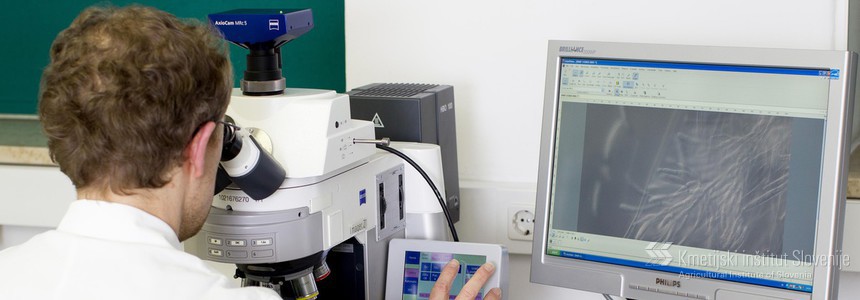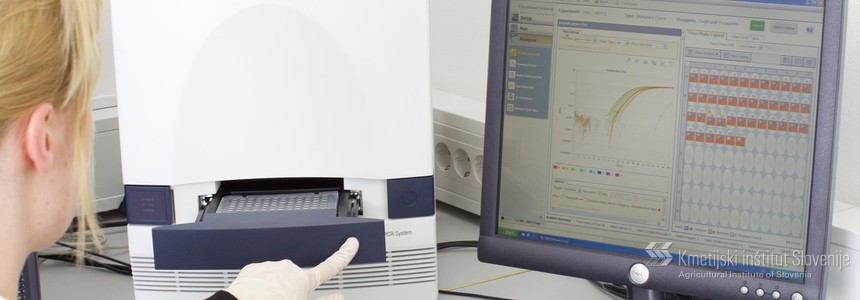Current trends in global population growth indicate that global demand for food will increase for at least the next three to four decades. Modern intensive agriculture not only needs to provide more food of sufficient quality, but also faces severe problems related to natural resource degradation and is seriously reducing the capacity of agricultural ecosystems to provide goods and services to their beneficiaries. These challenges are the focus of Agroecology – research that generates knowledge focussing on sustainable soil management, protection of biodiversity, increasing ecosystem resilience to climate change, protecting the provision of ecosystem services in agricultural landscapes, and ensuring food security, while also taking in account ethical, human and ecological values.
Another challenge agriculture faces is its over-reliance on synthetic pesticides, despite their proven direct and indirect negative effects on human health and the environment. The development of pesticide resistance is another problem, while at the same time the diversity of (invasive) pests, pathogens and weeds increases due to global trade and climate change. They become major pests difficult to be controlled without heavy use of chemical pesticides. However, global and EU agricultural policies and research trends are moving towards 'sustainable intensification' of agricultural production, where lower pesticide use via precision agriculture rarely leads to a decrease in production or net value. Moreover, a switch to organic production is proven to decrease pesticide content in food and feed possibly through the use of alternative or so-called low-risk methods which could replace many of the synthetic chemical pesticides currently used.
Remote sensing and bioinformatics as Big Data production and analysis technologies play an important role in the development of agriculture and the implementation of next generation cropping systems. Agricultural cropping systems research and economics are the key points in evaluating the feasibility of transferring new research results to end users. The concept of precision agriculture integrates all spatial data into more efficient production and at the same time into more environmentally friendly production.
The Next Generation Agriculture Program Group will address above specified challenges by combining research on sustainable agricultural production, conservation and rational use of natural resources with innovative crop protection strategies. These two research areas will be closely interlinked with research on next generation cropping systems, consisting of remote sensing, precision agriculture, bioinformatics and economics. Ultimately, the research of this program group will deliver improved, climate change-resilient cropping systems allowing sustainable intensification of agroecosystems as requested by the EU and its new green deal.

